If everyone reduced their meat consumption by 50% there would be enough food to feed the entire developing world.
If we reduced it by just 10% we would free up enough grain and other natural foods to feed 60 million people. This kind of considerate thinking sparked the name flexitarian, where we live in the reality of not everybody being willing to live on an entirely plant-based lifestyle.
In the words of Albert Einstein “nothing will benefit human health and increase the chance for survival of life on Earth as much as the evolution to a vegetarian diet“. And he wasn’t including dairy, so he meant veganism.
He predicted that producing and eating so much meat would kill us and our environment.
The world’s output of meat increased fivefold in the second half of the 20th century. Given the current trend, by 2050 increases in meat production will have reached a point where we could feed 4 billion more people with the plant food being used to raise cattle.
Only 10% of the protein and calories we feed our livestock are recovered in the meat we eat.
One acre of greens produces five times more protein than an acre of pasture set aside for meat production. One acre of beans or peas produces 10 times more protein, and an acre of spinach has 28 times more protein. Almost all land can be used for growing some crop or another.
In the UK many people will think they are getting a bargain when they buy cheap meat, but farmers are subsidised by the taxpayer – and that’s money that could be used on the NHS or schools.
At my vegan food firm VBITES we have shown a lot of farmers they can grow mushrooms, oats and other vegetables that we can turn into meat and fish alternatives.
So next time you walk down the supermarket meat aisle, pause and look at the meat-free ranges.
VBITES is my thing but there are many other ranges on offer. I suggest you try them and start thinking about what difference you can make as an individual – rather than relying on the Government to change things.
